Breaking News


Popular News

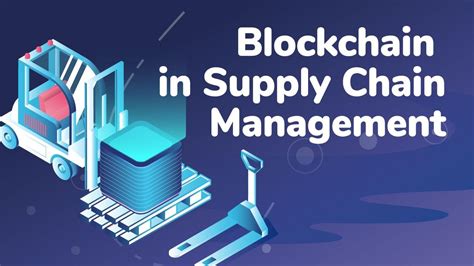
Discover the impact of blockchain in supply chain management, from increased transparency to integration challenges. Explore the benefits and implications.In recent years, the integration of blockchain technology has been a game-changer in the world of supply chain management. This revolutionary technology has disrupted traditional systems by offering increased transparency, traceability, and efficiency, while also leading to significant cost savings. As businesses continue to explore the potential of blockchain in supply chain management, it’s crucial to understand the implications and challenges that come with its adoption.
In this blog post, we will delve into the key subheadings that make up the implications of blockchain in supply chain management. From understanding the basics of blockchain technology to examining its impact on inventory management, we will explore how this technology is reshaping the way businesses manage their supply chains. Additionally, we will discuss the challenges and adoption rates of blockchain in supply chain, providing insights into what the future may hold for this innovative technology. Join us as we uncover the potential of blockchain in revolutionizing supply chain management.
Contents
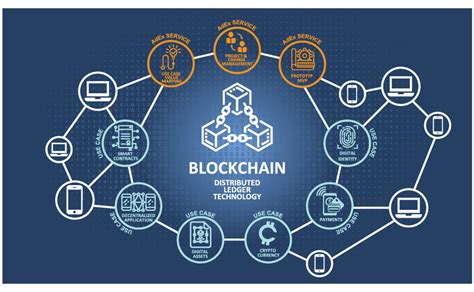
Blockchain technology is a revolutionary concept that has the potential to transform the way businesses operate. At its core, blockchain is a decentralized and distributed ledger system that securely records transactions across multiple computers. Each transaction is recorded in a block, which is linked to the previous block, creating a chain of blocks – thus the name blockchain. This technology provides an immutable and transparent record of transactions, offering a high level of security and trust.
One of the key features of blockchain technology is its ability to create a tamper-proof and verifiable record of transactions. This makes blockchain particularly valuable in scenarios where trust and transparency are critical, such as in supply chain management. By leveraging blockchain, businesses can ensure that the information about the origin, movement, and authenticity of goods is accurate and reliable, thereby reducing the risk of fraud and counterfeiting.
Furthermore, blockchain technology has the potential to streamline the supply chain processes by removing the need for intermediaries and manual record-keeping. This can result in greater efficiency, lower costs, and faster transactions. Additionally, the decentralized nature of blockchain means that there is no single point of failure, making it resistant to cyber attacks and system failures.
In conclusion, understanding the fundamentals of blockchain technology is essential for businesses looking to stay competitive in the rapidly evolving landscape of supply chain management. By harnessing the power of blockchain, organizations can achieve greater transparency, efficiency, and security in their supply chain operations, ultimately driving value for both businesses and consumers alike.
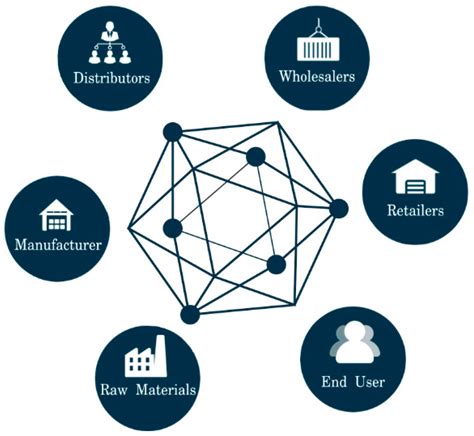
Integration of blockchain technology in supply chain management has the potential to revolutionize the way businesses operate. By utilizing blockchain, companies can significantly enhance the transparency and security of their supply chain processes.
One of the key benefits of integrating blockchain in supply chain management is the ability to create a tamper-proof and secure digital ledger that records all transactions and interactions across the supply chain. This provides a high level of transparency, as all parties involved can access and verify the data, leading to increased trust and reduced risk of fraud.
Moreover, blockchain integration can streamline the process of tracking and tracing products throughout the supply chain, providing real-time visibility into the location and status of goods. This can lead to improved efficiency and reduced lead times, ultimately resulting in cost savings for businesses.
Overall, the integration of blockchain technology in supply chain management has the potential to disrupt traditional processes and introduce greater efficiency, transparency, and security into the industry.
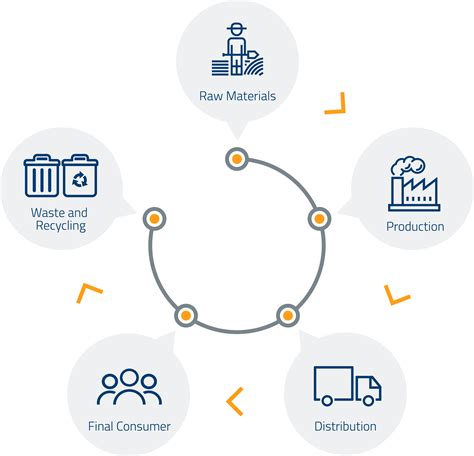
The Implications of Blockchain in Supply Chain Management
Increased Transparency and Traceability
One of the key implications of blockchain technology in supply chain management is the increased transparency and traceability it provides. With blockchain, every transaction and movement of a product can be recorded and stored in an immutable, decentralized ledger. This means that every stakeholder in the supply chain can have real-time visibility into the movement of goods, from the point of origin to the point of sale.
Furthermore, the use of smart contracts in blockchain technology ensures that the terms and conditions of a transaction are automatically enforced, enhancing trust and reliability in the supply chain. This level of transparency and traceability is particularly crucial in industries such as food and pharmaceuticals, where the origin and conditions of the products are of utmost importance.
With the implementation of blockchain, stakeholders can easily trace back the origin of a product, verify its authenticity, and ensure that it has been handled and transported under the required conditions. This not only eliminates the risk of counterfeiting and fraud, but also enables companies to respond quickly to product recalls and quality issues, minimizing the impact on consumers and the brand.
| Benefits of Increased Transparency and Traceability in Supply Chain |
|---|
|
|
|
|
|
|

One of the key implications of Blockchain in Supply Chain Management is the potential for efficiency and cost savings. With Blockchain technology, transactions can be recorded and verified in a decentralized manner, eliminating the need for intermediaries and the associated costs. This can lead to streamlined processes and reduced transaction fees, ultimately resulting in cost savings for all parties involved.
Furthermore, the transparency and traceability offered by Blockchain can help identify inefficiencies in the supply chain, allowing for improvements to be made. By providing a single source of truth for all parties involved, Blockchain can reduce disputes and the need for reconciliations, leading to more efficient and cost-effective operations.
Additionally, the smart contracts and automation capabilities of Blockchain can help automate manual processes, reducing the need for human intervention and the risk of errors. This can lead to greater efficiency and cost savings by streamlining processes and reducing the time and resources required to execute transactions.
In summary, the integration of Blockchain in Supply Chain Management has the potential to revolutionize the way businesses operate by offering greater efficiency and cost savings through streamlined processes, transparency, and automation.
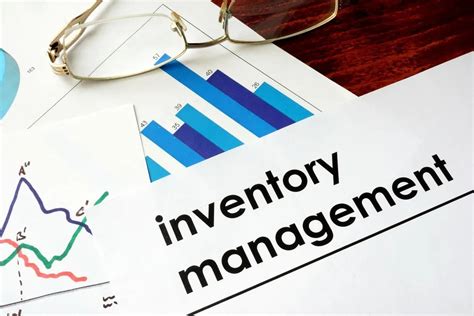
Blockchain technology has a significant impact on inventory management within the supply chain. By using blockchain technology, companies can maintain real-time visibility of their inventory and track the movement of products throughout the supply chain. This increased visibility allows for better forecasting and planning, reducing the likelihood of stockouts or excess inventory. With the transparency provided by blockchain, companies can make more informed decisions about inventory management, leading to improved efficiency and cost savings.
Furthermore, the integration of blockchain in inventory management reduces the risk of counterfeit products entering the supply chain. Each product can be assigned a unique digital signature on the blockchain, providing increased traceability and ensuring the authenticity of the products. This not only safeguards the brand’s reputation but also enhances consumer trust in the supply chain.
In addition, by leveraging blockchain technology, companies can automate various inventory management processes such as tracking shipments, managing orders, and reconciling discrepancies. This automation improves efficiency by reducing manual intervention and streamlining operations. As a result, the supply chain becomes more agile and responsive to changing market demands.
Overall, the impact of blockchain on inventory management is profound. It revolutionizes the way companies track and manage their inventory, providing increased transparency, enhanced traceability, and improved efficiency, which ultimately leads to cost savings and a more resilient supply chain.
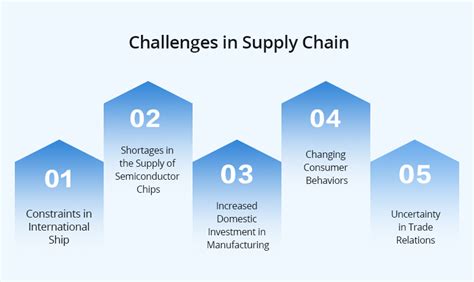
One of the biggest challenges in the adoption of blockchain technology in supply chain management is the resistance to change. Many companies are hesitant to invest in new technology and are comfortable with their existing systems. Convincing decision-makers to embrace blockchain can be an uphill battle.
Another challenge is the complexity of integrating blockchain into existing supply chain processes. It requires a significant amount of time, effort, and resources to ensure a smooth transition. Companies may also face resistance from stakeholders who are reluctant to change the way they do things.
Furthermore, the lack of standardization in blockchain technology poses a challenge to widespread adoption in supply chain management. Different platforms and protocols can make it difficult for companies to collaborate and share information seamlessly. This lack of standardization can lead to inefficiencies and errors in the supply chain.
| Challenges | Adoption |
|---|---|
| Resistance to change | Educating stakeholders |
| Complex integration | Investing in training |
| Lack of standardization | Collaborating with industry partners |
In order to overcome these challenges, education and training are essential. Companies need to invest in educating their stakeholders about the benefits of blockchain technology and the impact it can have on supply chain management. They also need to provide training and support to ensure that employees are equipped to use the technology effectively.

What is blockchain?
Blockchain is a decentralized, distributed ledger technology that records data in a secure and transparent manner.
How does blockchain work in supply chain management?
Blockchain in supply chain management provides transparency, traceability, and security, by recording every transaction in a secure and immutable way.
What are the benefits of using blockchain in supply chain management?
Some benefits of using blockchain in supply chain management include improved transparency, reduced fraud, increased efficiency, and enhanced trust among stakeholders.
Are there any challenges to implementing blockchain in supply chain management?
Yes, challenges include the need for industry-wide adoption, interoperability with existing systems, and concerns about data privacy and security.
Can blockchain be used to track products in the supply chain?
Yes, blockchain can be used to track products from the source to the end consumer, providing a complete and transparent record of the product’s journey.
What industries are adopting blockchain in supply chain management?
Various industries such as food and agriculture, pharmaceuticals, logistics, and manufacturing are increasingly adopting blockchain in supply chain management.
What is the future of blockchain in supply chain management?
The future of blockchain in supply chain management looks promising, with potential for widespread adoption, increased efficiency, and enhanced trust among all participants.